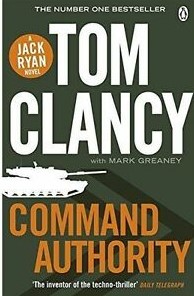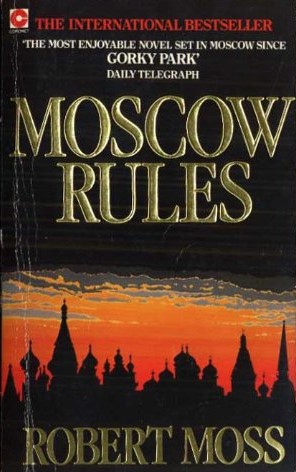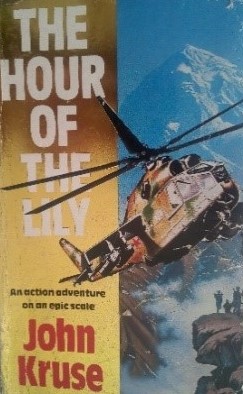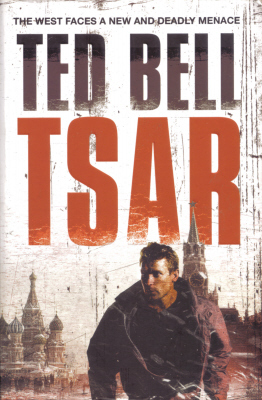
Russia is about to invade Ukraine. Or so the warnings from the UK, the United States, and various other western governments have been telling us for the past couple of months.
Whilst normal practice would be for analogous war fiction to appear after the event, Russia in Fiction has a fascination with those authors who wrote Russian history before it happened. (See our reviews of, for example, The Fall of the Russian Empire and The Red Fox).
Tom Clancy and Mark Greaney wrote about a Russian invasion of Ukraine back in 2013, before even Crimea had been incorporated into the Russian Federation. Command Authority spotted that possibility in advance. But now, in 2022, the novel’s plot seems potentially prescient once more.
Continue reading



